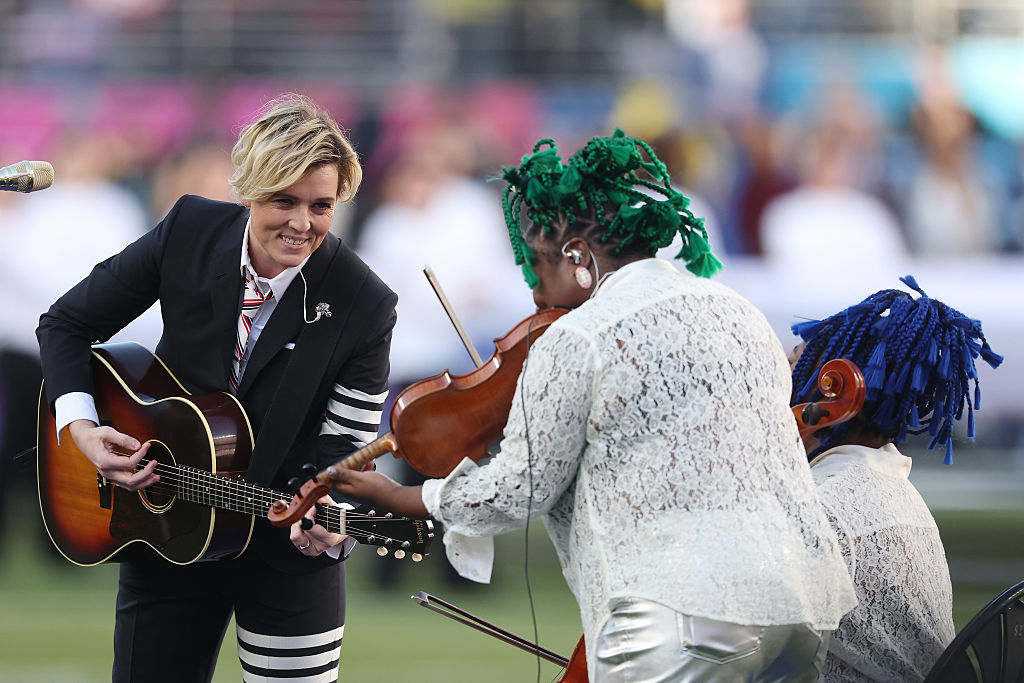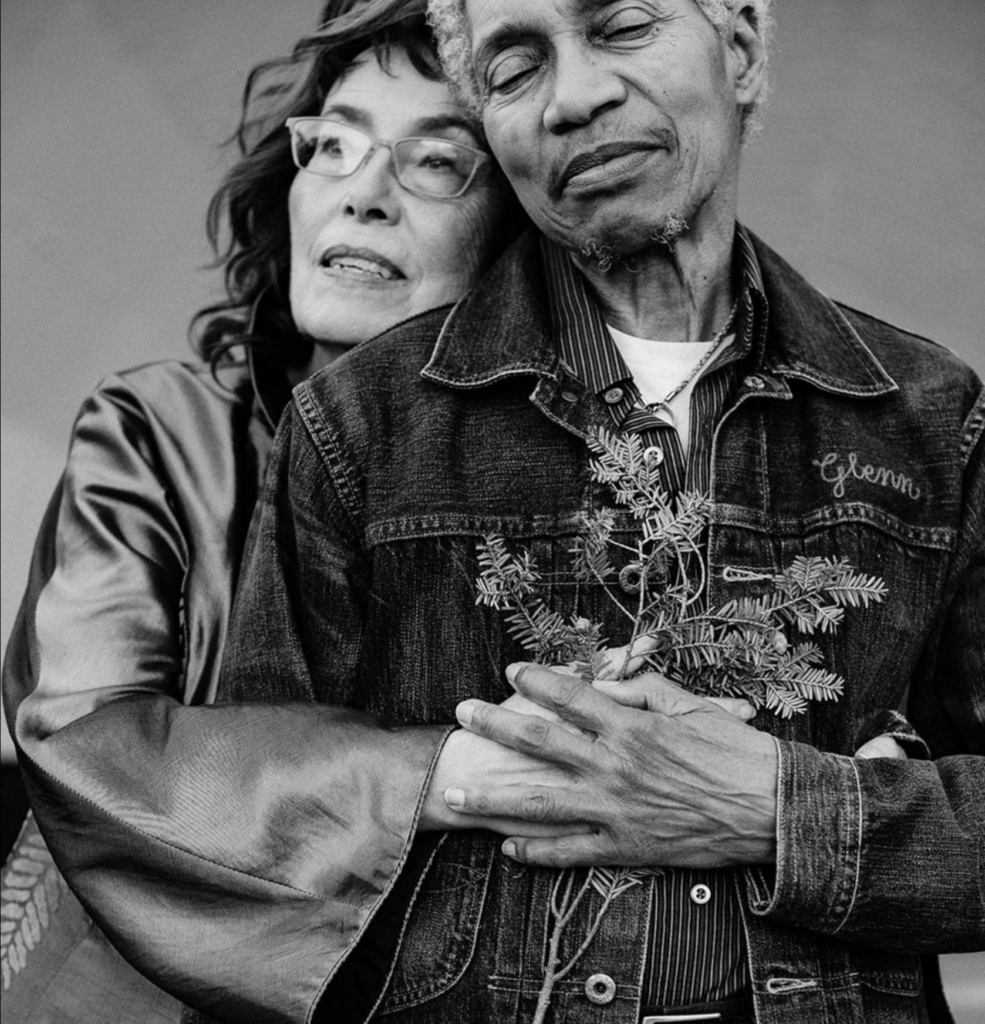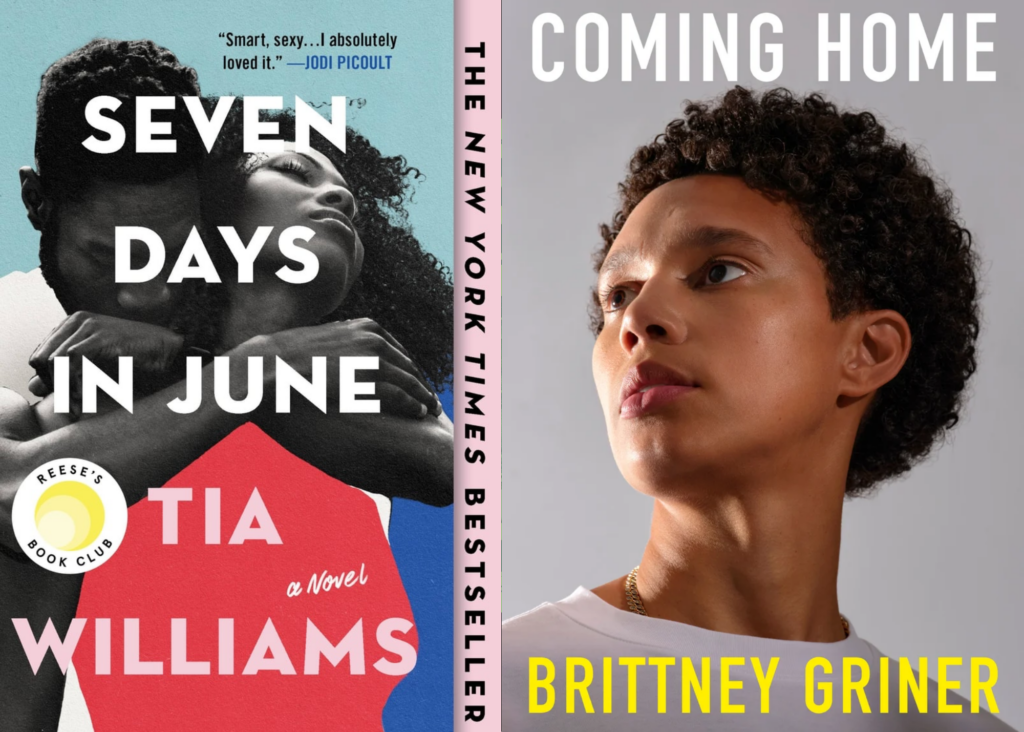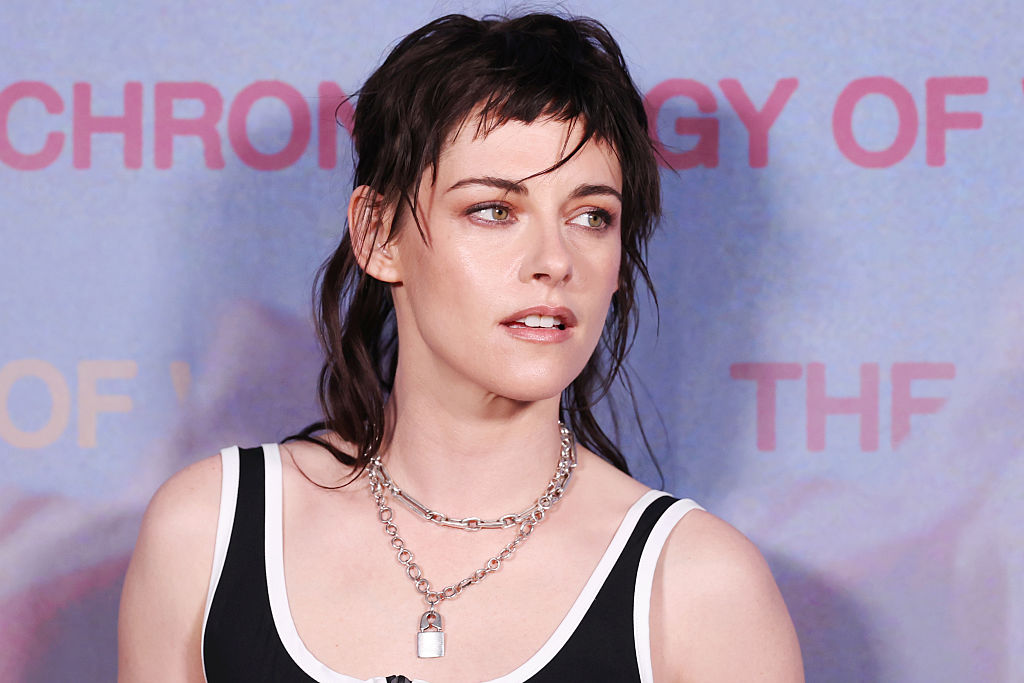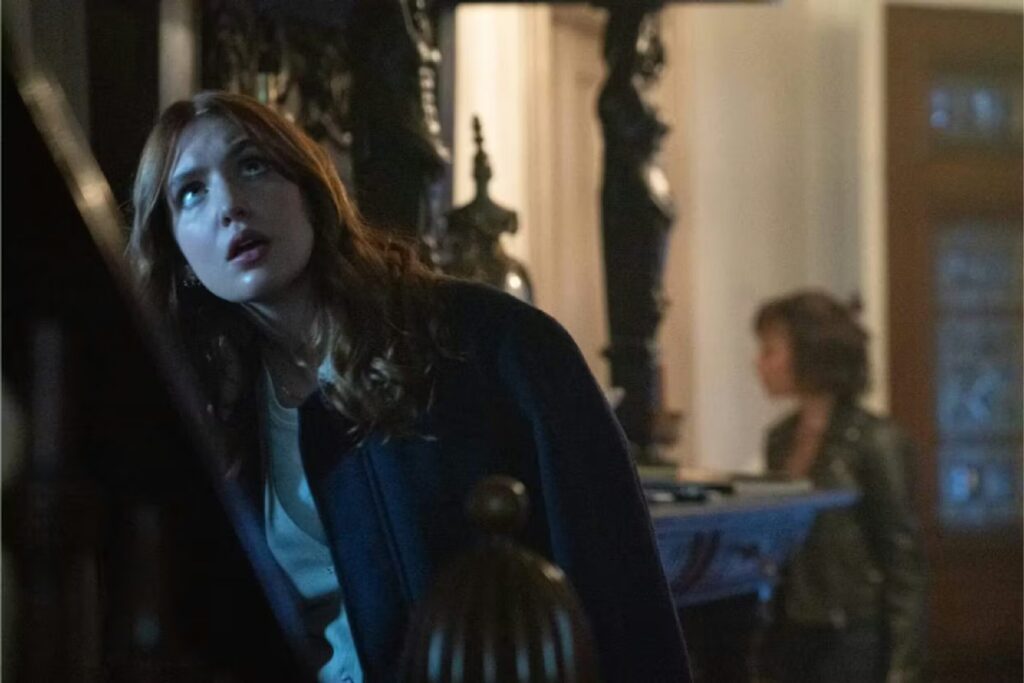Amy Is Still Here
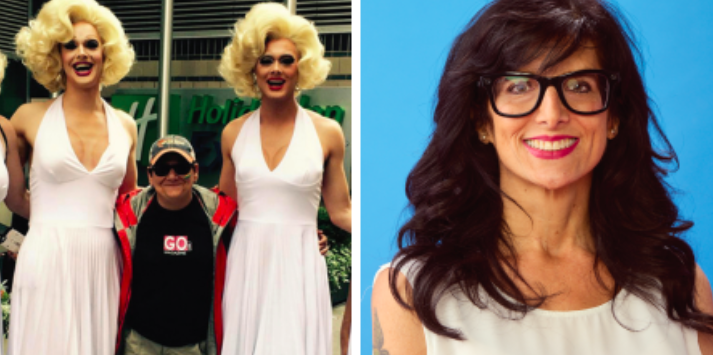
And so is media for LGBTQ+ women.
Sometimes new faces mean great loss, but in this case, they do not. The woman who founded GO more than two decades ago is alive and well and still at the helm. But I am here too.
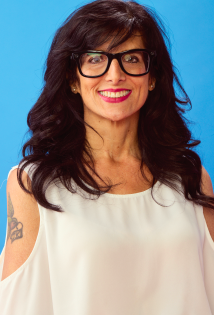
When you’ve been in LGBTQ+ media as long as I have, you invariably find yourself working at many queer publications along the way. I went from my first editor’s post at a weekly gay newspaper in New Orleans to my last stint as CEO and editorial director of the company that owns Out, The Advocate, and other brands.
But, as we all know, magazines that really serve and speak to the lives of LGBTQ+ women—all women, cis and trans—are few and far between.
Amy Lesser, our publisher (and technically our CEO, though she downplays the title) has been publishing GO for 22 years. When she started GO, I had just sold my own magazine and was working as the editori in chief at nationally distributed Curve Magazine, based in San Francisco.
Back then GO was GO NYC, and our content focused primarily on New York and New Yorkers. From savvy arts and events guides to the promotion of lesbian-owned and lesbian-friendly businesses, carefully researched voter guides and travel pieces that prioritized the safety of our readers, GO NYC specifically addressed the needs of NYC’s queer women. I grew up in a rural town and, at the time, was focused on speaking to the women of Podunk, U.S.A. (and our suburban dykes). As time went on, Amy and I both came to understand the value of speaking to queer people everywhere.
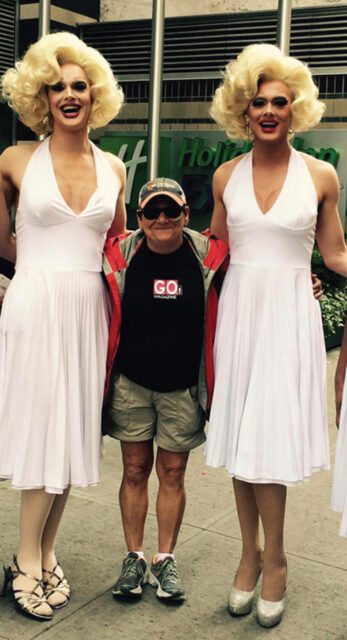
Today, GO reaches millions of queer women across the nation, and with our upcoming web relaunch, under the deft direction of our executive editor Dayna Troisi, GOMag.com will reach even more.
Our community’s increased visibility is something to celebrate, but that doesn’t mean we aren’t still marginalized and persecuted. We have become more visible, but with that visibility comes the danger of being erased. Just this year, we have seen more than 650 anti-LGBTQ+ bills introduced, most specifically aimed at our trans community. The Supreme court is stripping away our right to control our own bodies. Our books are being banned (race, gender, and sexual orientation content is being removed and banned even in conversations at schools and universities). The conservative movement is trying to take away the actual right to exist for trans people. Even queer people in affirming cities are feeling the pressure. In 2023, there’s a collective battle cry welling up inside many of us.
Our own media is as valuable today as both pride and protest has been for decades. At GO, we’ve always tried not to distract you from the political situation but to first entertain, educate, and empower you. Believe me, we are political here. We know Black Lives Matter, Trans Women Are Women, Lesbians Cannot be Erased, we are a Queer Nation, nobody is free until we’re all free, and real TERFS who unite with the extreme right in the U.S. are a tiny, loud minority who don’t speak for most lesbian feminists (and they just make us all look bad by trying to pit women against women).
Our work as LGBTQ+ journalists is our form of activism, and we know it comes on the backs of the real grassroots activist groups and individuals pioneering in their own communities. It’s one reason why we highlight the activists, game-changers, pioneers, disruptors, entrepreneurs, and creators who are changing lives in amazing ways. Our Annual 100 Women We Love honorees are incredible this year (thanks to special projects editor Robin Kish’s curation). Getting a chance to celebrate women for who they are—not how they look– is still rare.
After 22 years, we haven’t come close to exhausting the list of great women to honor, in part because young people come out at dizzying rates and more older women are publicly out than ever before. Over half our honorees this year are BIPOC (like Brittani Nichols, who went viral when Cate Blanchett sat on her lap, but she’s so much more than a funny Tweet). A few honorees are queer trans women (like Zooey Zephyr, the Montana state legislator, and her fiancée, journalist Erin Reed). And there’s the old school dykes we all love, including a posthumous inclusion of Dot Wilkinson, who won three world softball championships and 19 All-American honors, the most of any player ever.
Our traditional pieces like 100 Women We Love will always continue, but GO also wants to know: what do you want and what do you need from a queer, woman-owned media company today? You can tell us in person at Pride fests and other events around the country, or on social media (@gomagazineny on IG; @GOmag on Twitter) or just email editor@gomag.com. Because we never want to hear Mel Gibson say it again, tell us: What do (queer) women want?
Happy Pride season. Let’s celebrate our wins, strategize around our losses, and stay resilient. We can do this!







